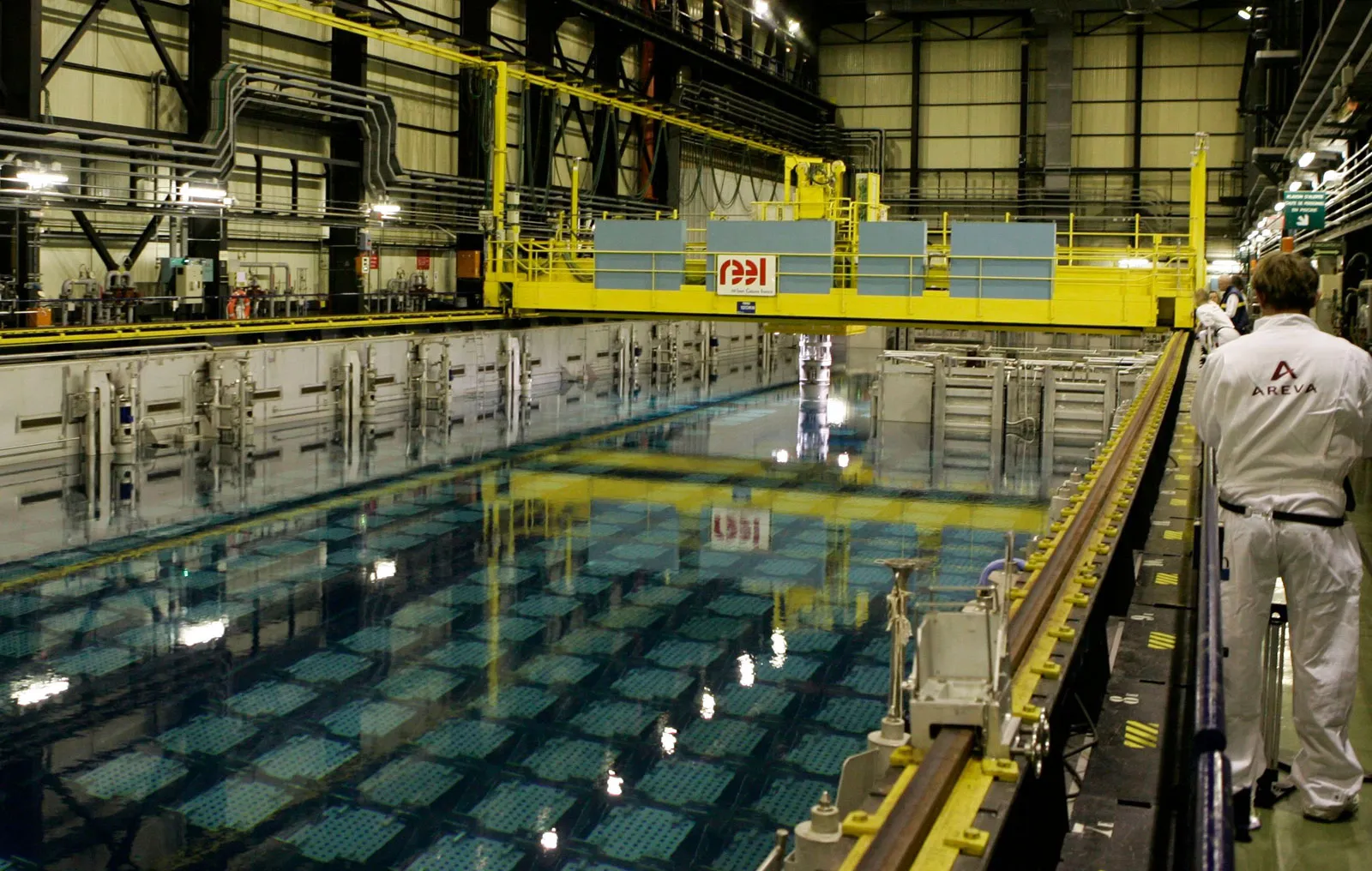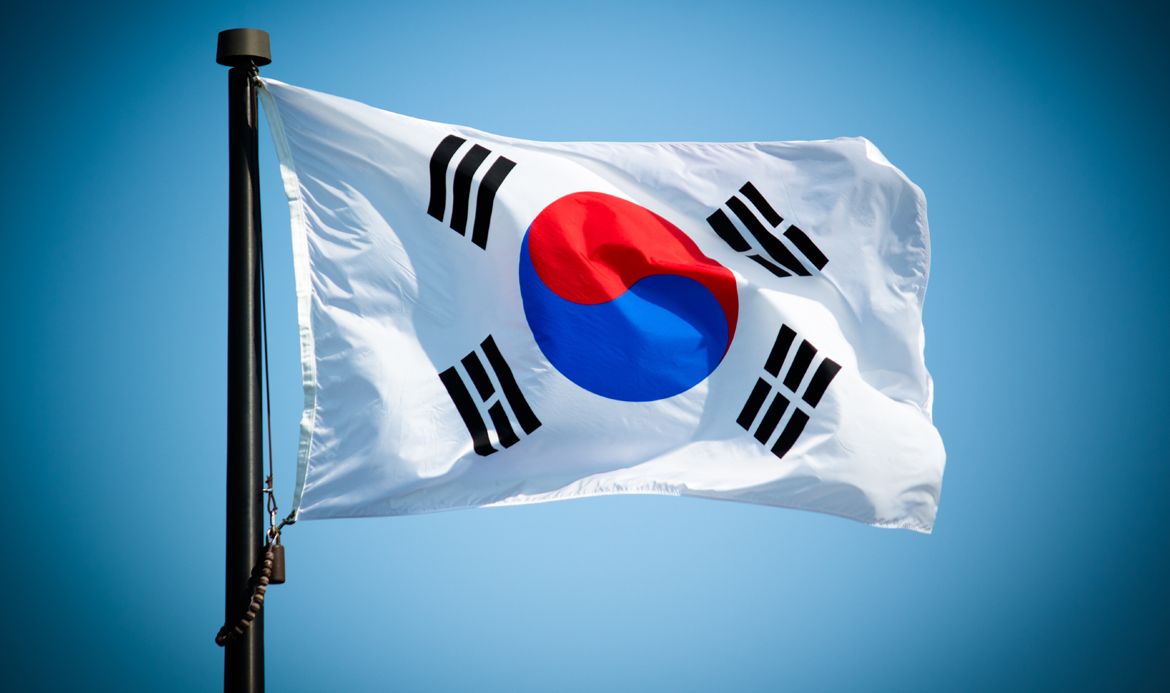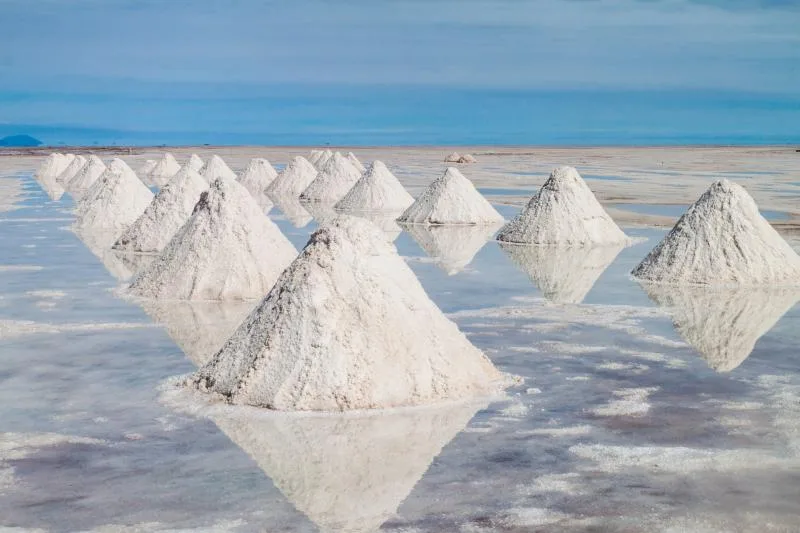A US-Saudi-Israel deal is set to be signed off on as soon as this year, which could spark a nuclear energy boom in the region.
A diplomat, speaking to Bloomberg, suggested a deal would come imminently.
The deal would meet Saudi demands that Riyadh be allowed to enrich its own uranium for a civilian nuclear program.
“I personally believe we will get a normalization deal ultimately with Saudi Arabia,” Israeli Strategic Affairs Minister Ron Dermer said in an interview on Friday with Annmarie Hordern and Joe Mathieu on Bloomberg Television. “Whether it’s by the end of the year or shortly thereafter, it is in the next few months I think that we can make this happen.”
The deal is yet another bullish sign for uranium, which has seen a price spike in recent weeks.
Saudi Arabia and the UAE are both set to build out significant nuclear energy projects in coming years, analysts are expecting
The WSJ in August reported a deal between Washington, Riyadh and Jerusalem. The deal involvs a number of layers, with nuclear energy technology cooperation, financing and uranium supply being a major tentpole.
Saudi Arabia in particular wants the “U.S. to help them develop a civilian nuclear program and offer ironclad security guarantees,” the WSJ said.
The Financial Times wrote the deal would be “one of the most significant deals in recent Middle East geopolitical history, delivering Israel the prize of diplomatic relations with one of leaders of the Sunni Muslim world and the custodian of Islam’s two holiest sites.
“For Biden, it would constitute a foreign policy victory just as he intensifies his bid for re-election in 2024. And it would satisfy a strategic ambition for the US as it contends with priorities elsewhere.”
The Saudi government has been set on building out a nuclear power industry with or without the US, however a deal with D.C would mean guarantees the Kingdom would not develop a nuclear weapon, as Israel worries.
Israeli Foreign Minister Eli Cohen wrote a lengthy opinion piece in the WSJ outlining his government’s position.
Why Does Saudi Want Nuclear?
In recent months and years, Saudi leaders “have stepped up their plans for developing peaceful nuclear energy”.
The Kingdom has also said it wants to commit to global climate goals with a target for “net zero” greenhouse gas emissions by 2060 – despite some US$311 billion per year in fossil fuel exports.
Saudi Arabia is also investing in strategic stakes of critical minerals supply chains globally.
“The Saudis had inviting technical bids to the planned construction of two 1.4 gigawatt-electric nuclear reactors and restating the kingdom’s intention to use domestic uranium resources for producing low-enriched uranium as nuclear fuel,” The Bulletin of the Atomic Scientists recently wrote
Saudi Arabia has massive ambitions for a much larger society and needs more long-term, reliable energy supplies.
The country also needs more low-cost energy for its vast desalination activities for water resources and agriculture.
There are many complexities to any deal being done, however, the news is a massive development in the global nuclear energy renaissance that is just starting to take place.
Analysts Herald New Nuclear Era
Energy analyst Mark Nelson said Saudi Arabia would be able to use nuclear energy to unleash ambitious plans to build a larger society in the desert.
“A large nuclear fleet would lower the breakeven oil cost needed for Saudi Arabia to fund its society, as much lower internal consumption of cheaply-produced hydrocarbons would be required,” he said.
“If you build nuclear now it runs for generations. Coastlines mean few limitations on how much nuclear capacity you can operate, as there’s unlimited cooling water.
“Heat is not an issue either for the same reason. You can blend nuclear heat/electricity with hydrocarbons to undercut the price of any idiotic attempt at a “hydrogen economy” by nations without either fossil fuel supplies or nuclear energy.”
UAE and South Korea Nuclear Partnership
Meanwhile, the United Arab Emirates and South Korea are in talks to build even more nuclear energy power plants and partner to build and finance reactors elsewhere in the world, sources report.
The UAE recently commissioned a massive new nuclear power plant, which now provides around 25% of the UAE’s energy needs.
According to the government and nuclear industry sources, Korea Electric Power Corp. (KEPCO), Korea Hydro & Nuclear Power Co., and the Emirates Nuclear Energy Corporation, the ordering body, held a virtual meeting to discuss a partnership on the construction of the fifth and sixth units at the Barakah Nuclear Power Plant, Pulse News Korea reported.
Multiple sources familiar with the project said soil preparation work has been partially completed at the construction site.
Both sides are expected to settle the details following further negotiations.
South Korea is set to build two additional units estimated at 20 trillion won (US$15.3 billion).
Both Korea and UAE have demonstrated a strong desire for the project, sources said.
The countries have also been working together to provide the skills and capacity for other countries to build nuclear energy, to meet decarbonisation goals.






